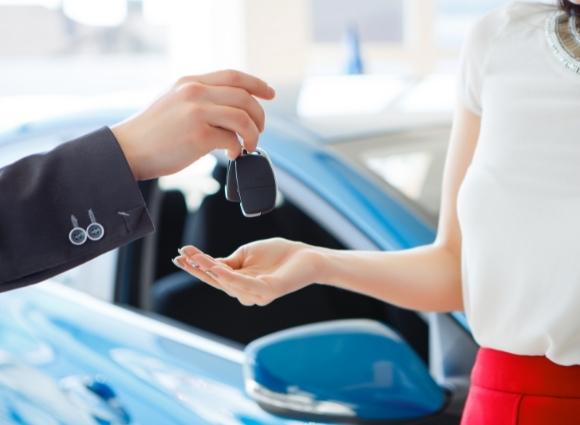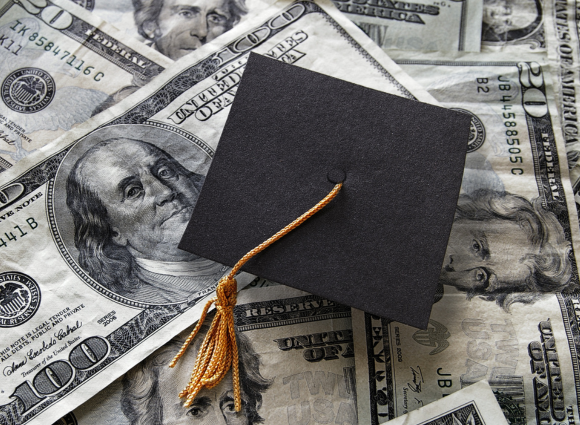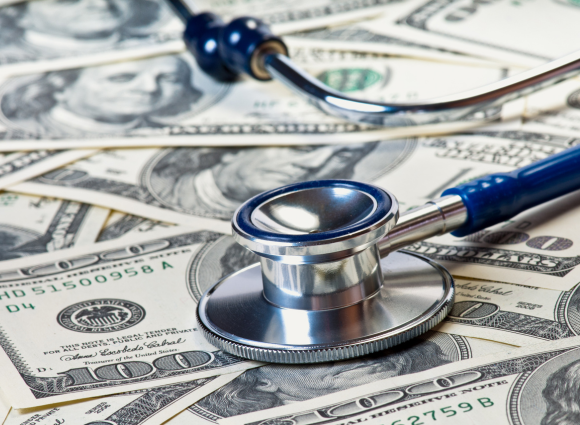
Financial Considerations for Purchasing a New or Used Vehicle
If you’re in the market for a new or used car, you already know that prices have skyrocketed lately. According to Edmunds.com, the average vehicle is expected to cost 38% above the starting MSRP in 2022. The average transaction price was up 14.3% for new vehicles in October 2021 compared to 2020, and 27.4% for used vehicles. “Consumers who are planning on making a vehicle purchase in 2022 must prepare for a much different market and car shopping experience compared to years past,” said Ivan Drury, Edmunds’ senior manager of insights.
Even so, you’re still in the market for a vehicle. Should you buy new, used, or lease? Here are some things to consider in your decision:
New Car, Anyone?
There’s a definite emotional appeal to purchasing a new car (besides that new car smell). You have the ability to customize your options, enjoy the latest technology, experience improved safety features, potentially reduce your impact on the environment, and start out with a full factory warranty. But the higher purchase price will reflect all those benefits, even though new cars can merit lower interest rates.
How About Nearly New?
Many used cars are “gently used”, maybe as demo vehicles or former leased cars. A nearly new car can save you a good amount of money while staying covered under the manufacturer’s warranty. Some dealers will add an extended warranty to certified pre-owned vehicles. However, in the current market, there’s a shortage of nearly new cars, resulting in a price spike. And you might have trouble finding a vehicle with the features you’re looking for.
Buying vs. Leasing
Buying a car (whether new or used) is generally cheaper than leasing as long as you intend to own the car for a longer period of time. But leasing a vehicle has its advantages. A lease will generally cover most repairs and maintenance costs. And lease payments are usually lower than loan payments, because at the end of the lease term you return the car to the leasing company (unless your leased vehicle experiences more wear and tear than the contract allows, in which case additional costs will apply). Leasing allows you to avoid many of the hassles involved with buying and selling a car, with no pressure to negotiate a trade-in price. You simply return the car at the end of the lease period and sign up for another lease or purchase a replacement vehicle. You also have the option to purchase the vehicle at the end of the leasing period for a contracted price.
Should You Borrow?
If you don’t have cash on hand, you’ll probably choose to take out a car loan. Interest rates are currently low, and many manufacturers offer low and interest-free programs for new vehicles. In order to qualify for a favorable interest rate, you’ll need to make a down payment of at least 10-20% of the vehicle’s cost. You can also use proceeds from the trade-in of another vehicle toward your down payment.
Whether to pay cash or take out a loan comes down to the amount of the payment you can afford, the interest rate, and whether you have a more advantageous way to use your cash, such as to pay down other loans with a higher interest rate.
Options, Options, Options
Making the right decision on how to acquire your next vehicle should be part of your larger financial picture. And if you intend to use your personal vehicle for business purposes, that opens up an additional set of considerations. Visit with your financial advisor to determine what makes sense for your situation.



